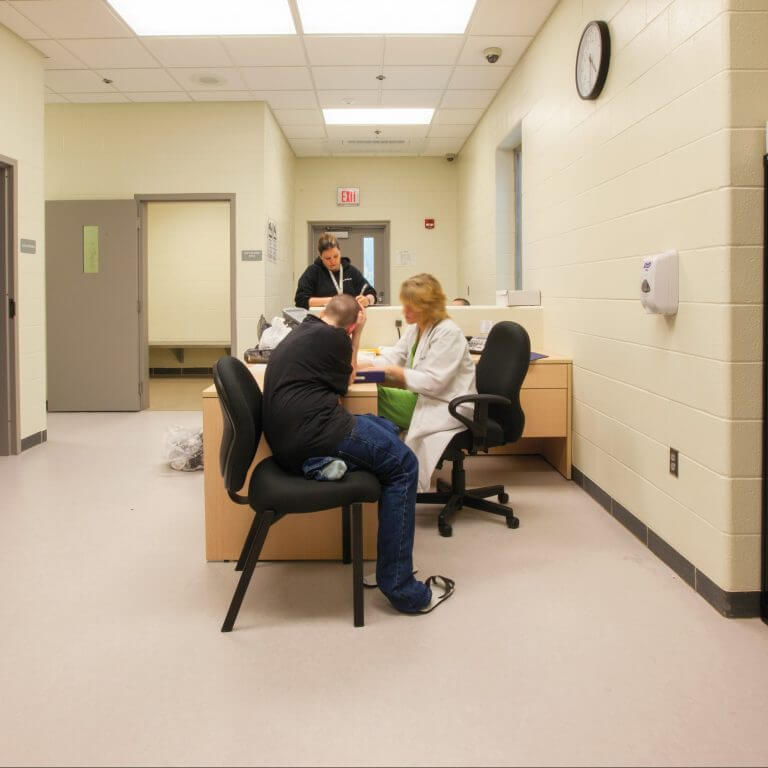Now accepting applications from organizations interested in hosting a 2025-2027 Emerging Leader Fellow. Apply here
The Challenge
The youth justice system was established with the goal of providing supervision, treatment and, most importantly, rehabilitation for young people who come into conflict with the law. Today, the closure of multiple Pennsylvania youth detention centers amid allegations of abuse and neglect, as well as the overcrowding and substandard conditions of some that remain, call into question whether the system is achieving its original mandate. Further complicating these challenges is the fact that the youth justice system in Philadelphia and the broader region is effectively closed to the public. While this closure is due to the need to preserve the privacy of young people who deserve to enter adulthood with a clear record, it can result in a deficit of public understanding about a system that is balancing public safety expectations with the well-being and rehabilitation of some of the city’s most vulnerable citizens.
The Project
Through this Stoneleigh Fellowship, Samantha Melamed is publishing a series of in-depth, nuanced articles with a focus on youth justice and intersecting topics, including education and behavioral health. She is drawing upon data, academic research, on-the-ground reporting, and the voices of those with lived experience to reveal: 1) where the youth justice system is and is not working; and 2) what changes might be needed to promote public safety, racial justice, and the well-being of young people in Philadelphia.
This Stoneleigh Fellowship will enable Samantha to:
- Gather data on the youth justice system, including Right to Know and public records requests from state and local youth facilities and de-identified juvenile data from the state court system.
- Develop connections within the youth justice system, including judges, defenders, prosecutors, police, social workers, and educators; within the advocacy community; and among young people who have been impacted by the system.
- Publish three to five major stories in The Philadelphia Inquirer, exploring a range of topics, such as the educational impacts of youth placement, conditions of confinement, probation supervision, community-based supports, and the cycle of trauma.
* * * * *
The Stoneleigh Foundation supports Fellows who are journalists to produce high-quality, evidence-based, holistic reporting on topics and issue areas that are relevant to its mission. The Foundation and the Fellow maintain a clear separation between editorial decisions and funding support. This firewall ensures that the funding does not present a conflict of interest for the journalist or compromise editorial independence. In addition, the Foundation’s financial support does not constitute implied or actual endorsement of journalists, media outlets, or the content/conclusions of their reporting.



